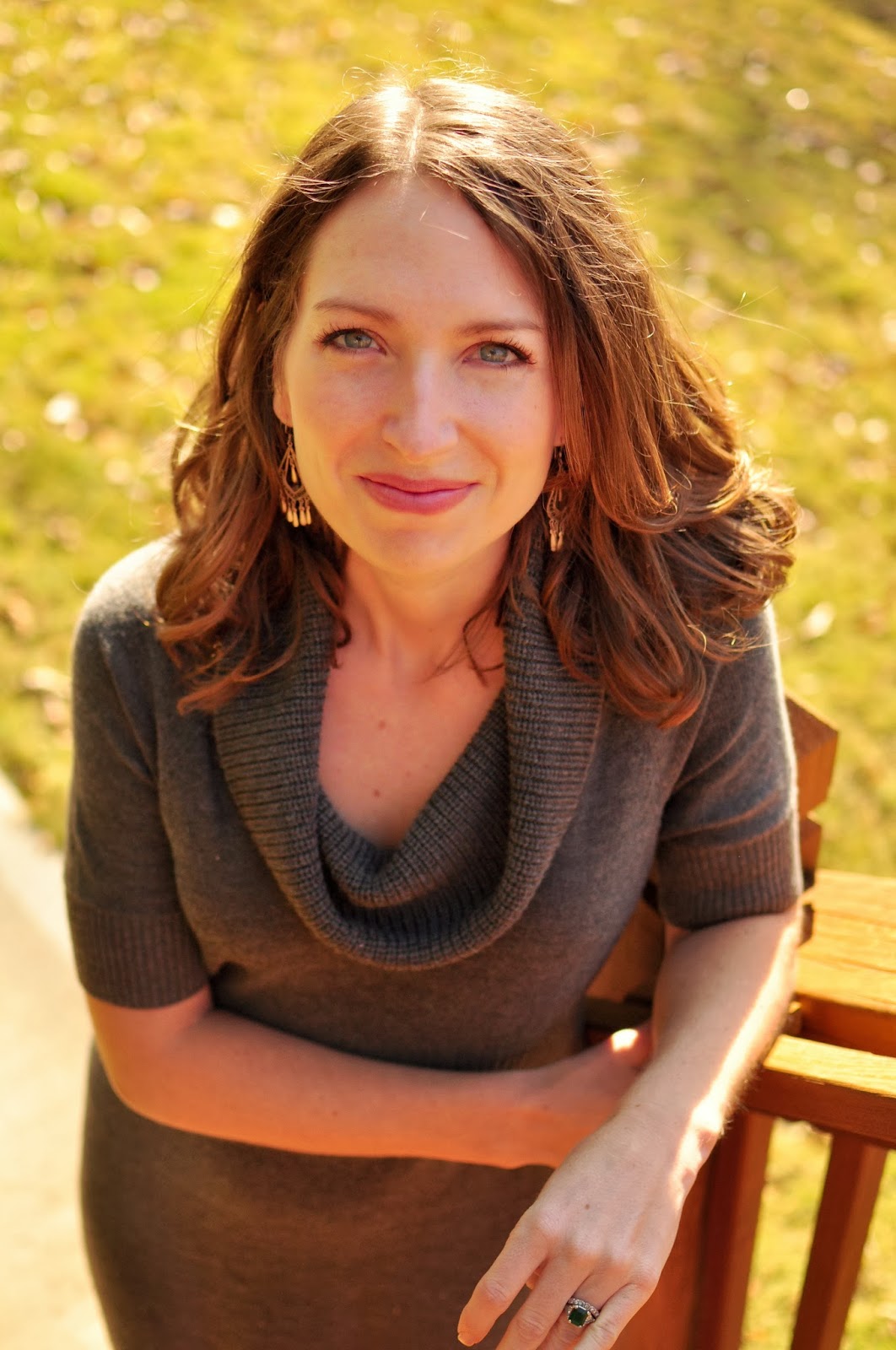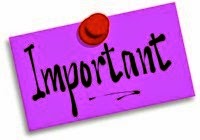 This post is syndicated from Whitley Gray: The Logline--Who Needs It? How Can I Write One?
This post is syndicated from Whitley Gray: The Logline--Who Needs It? How Can I Write One?
This is right up there with synopsis and query and cover letter. It’s the secret weapon that says you know what your story is about and can sum it up in one sentence. It’s the jewel you can memorize and blurt out at any time.
Otherwise known as the “elevator pitch,”—something you might pull out when you have a captive audience, such as an editor while attending a conference—the logline is a twenty-five to thirty word summary of your story. It needs to indicate the main characters, the conflict, and the story question. Whole workshops are given on the topic, and I strongly recommend you sign up for one before you start to pitch your logline to anyone, especially to a captive audience. Elevators work, but so does an impromptu pitch session over dinner, waiting for a bus, etc.
Okay. Let’s take a formulaic approach:(heroine) must (action) with (hero) to (conflict) or (consequence).A witch on the outs with her coven must work with the demon she put in jail twenty years ago to extinguish a virus before it annihilates all paranormal creatures. (thirty words).
This logline tells us the heroine is a witch, and she’s done something to alienate her own kind.
The hero is a demon, who likely hates the witch for what she did to him in the past. He also has done something that landed him in jail back then.
These two have to work together, which is going to set up all sorts of conflict.
Their mission is to wipe out a virus. Failing has huge consequences for both of them. As they’re both paranormal creatures, they’ll be susceptible to the virus (danger) and their own kind (both witches and demons) will be wiped out. There’s time pressure in there too. If they don’t succeed in time, the virus will have taken its course.
See how that works?So our editor in the stalled elevator now knows what your book is about—it’s a paranormal romance with elements of suspense. Two different kinds of paranormal creatures are involved. The premise lends itself to conflict, with a lot of potential for escalation—it’s there from the get-go. They have a larger-than-life mission involving a communicable disease, which is a fresh idea (we hope it’s fresh to her). The consequences are huge, and mean all sorts of friends and family will be at risk and could die—always a crowd pleaser.
Now let’s look at the wording.A
witch on the outs with her coven must
work with the
demon she put in jail twenty years ago to
extinguish a virus before it
annihilates all paranormal creatures. (
thirty words).
“
On the outs with” This could be worded as “alienated by her coven.” Why not word it that way?
“Okay…” you say. “What’s wrong with that? We’re saving words, and we don’t get many to start with.” Because now the coven is doing something to the witch. “Coven alienates witch” is the active construction. But we don’t care about the coven in the logline—they’re not the heroine.
“Witch alienated by her coven.” This is a passive construction. Do we want passive construction? No! We want nice active construction. Both ways mean the same thing, but “on the outs with” is active.
“
Must work with” It’s not optional. She has to work with him. Not a friend, not a colleague. A specific guy, and from the sound of it, they don’t like each other. It could be “work with,” and that would save us a word. But it also suggests that the situation may be optional—like they’re choosing to work together. And what’s the fun in that? “Must” is the stuff conflicts are made of.
“
Put in jail” This goes to plot. When you’re thinking about plot, think about what generates strong conflict. Minor infractions seldom lead to the type of situation strong enough to carry a book. If we said “the demon she turned into a toad for a day” sounds like he could be irritated, but probably not enough to strongly dislike her. Plus it eats up our word count. It could be “the demon who jilted her five years ago.” That would still be conflict—just not as strong, not as much.
So, a criminal act of some kind. It has to be something egregious enough to warrant a jail sentence. It has to be something she did that’s bad enough to make him angry. The fun is you get to decide what that was, and how to weave it into the fabric of your story.
Okay, let’s examine the mission. “Extinguish a virus.” Not “kill,” not “eliminate,” not “cure.” Not “give a ten day course of antiviral medication.” Extinguish is a strong verb. Strong words are your friends. Strong verbs do the heavy lifting in writing. Adverbs—words that modify verbs—weaken construction. Stephen King said “The way to hell is paved with adverbs.”
“Why would Mr. King say that?” you ask. “My eighth grade English teacher Miss Fluffermuffin didn’t say that. She liked adverbs.”
Okay. We could say “Totally wipe out” or “completely eliminate” or “cure in a timely fashion.” Note the –ly, the calling card of the adverb. Editors have strong feelings about adverbs, mostly of the negative kind. If you’re tempted to use one, look at your verb.
Example: How about “ran?” It’s a nice verb, gets us from point “A” to point “B” faster than walking. Maybe “ran quickly.” That makes it more exciting. But look what happens…
The editor is frowning, has out her computer-generated red pencil. “I hate adverbs. Stephen King was right!”
How about “bolted?” or “charged?” “Raced?” The difference is real, and it grabs attention. “Bolted” grabs your attention. “Bolted?” you say. “My, that’s fast. That’s quick. That’s…getting my attention.”
Now we’re getting to the end of our logline. The consequences.“Annihilates all paranormal creatures.” As you’ve no doubt discerned by now, “annihilates” is stronger than “kills.” It’s stronger than “destroys.” The word “annihilates” brings up images of atomic-level destruction, of utter disaster, of cataclysmic consequences. If they fail, it doesn’t mean creatures from werewolves to vampires will break out in an unsightly purple-spotted pox. Nope, they’ll be gone. Finito. Never to be seen again. It’s a big deal if you’re a paranormal citizen.
“It could be ‘annihilates the world,’” you say. Okay, I’ll agree with that. But then why did it require a witch and a demon? How about an accountant and the waitress at that dinner where he goes for lunch every day? It could, but then something has to motivate them to save paranormal creatures. Why would these two humans care about the paranormal inhabitants?
Okay. This is the end of my dissection. Now you try it.
(heroine) must (action) with (hero) to (conflict) or (consequence).Sit down with your story.
Write down the heroine, and one thing about her. A big thing, not her flaming red hair or startling fashion sense—not unless they impact the plot.
Write down your hero, and a defining characteristic. Keep it tied to the plot.
Why might these two not get along? (Conflict) Write it down.
What is the big thing they need to do? (Action) Write it down.
What happens if they can’t accomplish their goal? (Consequence) Write it down.
Likely you have more than thirty words at this point, but that doesn’t matter. Put these parts together in a sentence that explains your plot. Count the number of words. Don’t despair, we’ll pare it down until it’s svelte.
Look at every word, starting with the nouns. People places and things. Look at your verbs. Look at them again. Are adverbs tagging along? Get out your thesaurus and find a strong verb. Annihilate the adverbs. Make the verbs able to leap tall buildings in a single bound.
Look at your clauses. Now this isn’t grammar, and I’m not getting into that. I’ve put the descriptive phrases into brackets here:
A witch [on the outs with her coven] must work with the demon [she put in jail twenty years ago] to extinguish a virus [before it annihilates all paranormal creatures.] (thirty words).
Without the clauses, the logline still reads as a coherent sentence. Not a very exciting one, but still a sentence. Use your words wisely in these clauses. The clauses tell about your characters and your consequences.
I’m not a big fan of names in loglines. Some people are. Names tend to use up words, as you still need the descriptions in there. Unless the name has to do with the title or the plot, I leave it out.
Keep chugging away on that logline. Tweak it until it shines, tape it above your computer. Memorize it—you never know when you’ll have to pull it out.WHITLEY GRAY BIO:
Once upon a misspent youth, Whitley read and wrote stories under the covers at night. At some point, real life intervened, bringing with it responsibilities and a career in the medical field. After years of technical writing, Whitley became enamored of romance and took on the challenge of giving it a try. Inventing characters and putting them through paces in interesting ways turned out to be addictive, and along the way, Whitley discovered that two heroes is twice as nice. A pot of coffee, quiet, and a storyline featuring a couple of guys makes for a perfect day. Stop by
www.whitleygray.com and feed your fix for heat between the sheets with erotica and M/M romance.
*Photo courtesy of Squidoo.
 Emerald
Emerald























